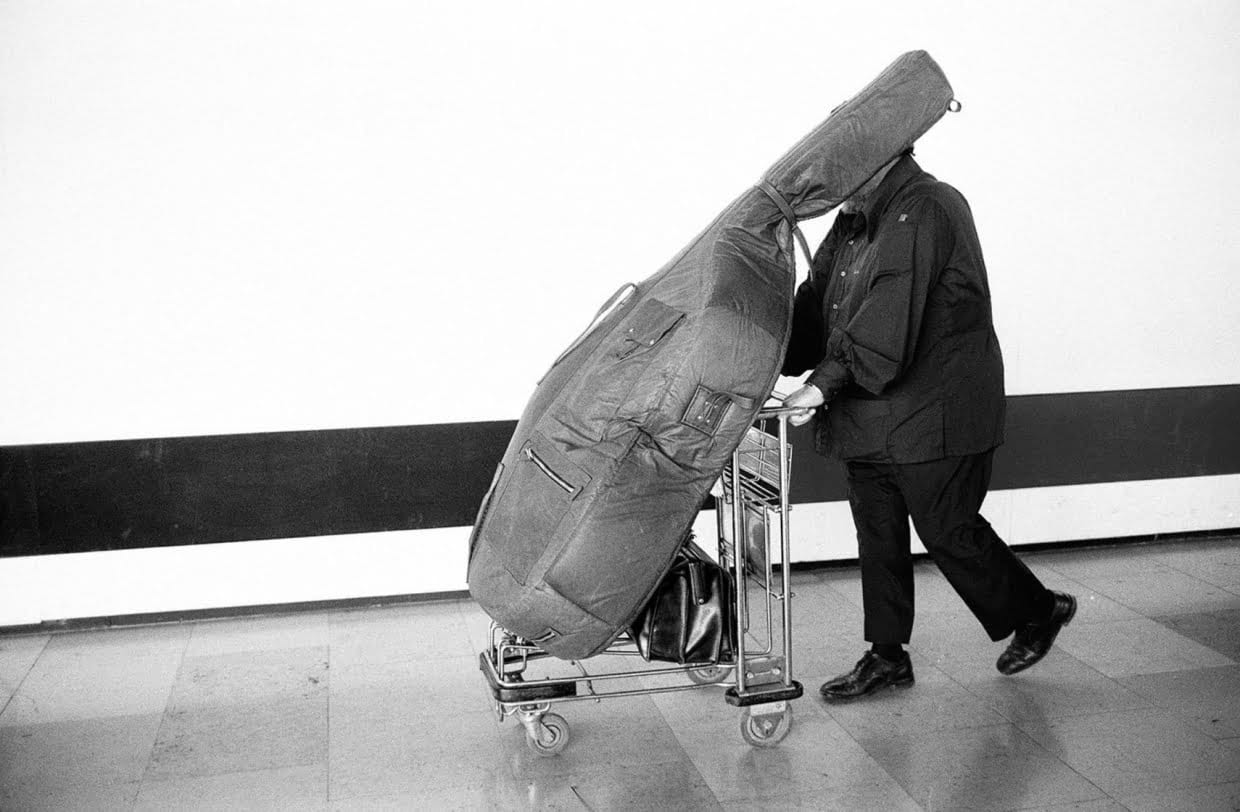Lost Record of Charles Mingus

The missing recording of Mingus was found and published in as many as 5,000. Hurry before the record runs out and falls into the lap of black market opportunists.
Working like a missionary in the field of archives, Resonance Records brought to light the 1972 concert recordings of legendary bass player Charles Mingus at Ronnie Scott’s jazz club, as a result of his archaeological work in the depths of history, and the sets consisting of 3 CDs and 3 records under the name “The Lost Album From Ronnie Scott’s”.

The concert was recorded by Columbia Records, to which Mingus was affiliated at the time, so the recording quality was satisfactory. The reason why it was not published was the sudden decision of the artist to terminate his contracts in 1973. The reason for this dissolution was: Mingus, who was a member of the American communist party for a short time. He dressed Rockefeller in his piece about the struggle against racism, “Fables of Faubus”; so he cut his ties with record companies and founded Candid Records.
Due to its individuality, it is not easy to include the Mingus in a particular species. Prioritizing free jazz with his Mingus style, sound experiments and collective improvisations, and pushing the boundaries of jazz by aestheticizing chaos, Mingus’s music looked more like white than black. His father was black English and his mother was Swedish. He was avant-garde for his time, the first bass player to play with three fingers.
Although one of the most adventurous double bass soloists in modern jazz, Mingus, who came to the fore as a composer, arranger and orchestra leader, thought that written music failed to reveal the true idea of the musicians. Their arrangements were therefore different and written according to the personalities of the musicians. New Orleans used jazz and blues as raw materials and took Duke Ellington’s innovations one step further.

Towards the end of the fifties, he had to sign a deed with a mafia boss, and regretfully sought ways out. If he could prove to the government that he was mentally ill, he was admitted to Bellevue hospital because all the papers he signed would be revoked, and when he was about to become the victim of a lobotomy, he called his friends and asked for help: “Get me out of here!”
Mingus was an egocentric character. It is not known if he was really crazy, but he was a tough guy. He once smashed Miles’ head under his arm, smashed Jimmy Knepper to the ground, and broke Jackie McLean’s jaw.
The recordings have aged in the artist’s private archive, but since they have been stored in good conditions, they have not lost their sound quality. The recordings were made when he retired in 1966 and returned to the stage in 1970, when he was extremely productive. While Mingus was accompanied by Charles McPherson on alto, Bobby Jones on tenor, John Foster on piano, and Roy Brooks on drums, trumpeter John Faddis, who was an important part of the concert, hasn’t had a sweat yet.

Undoubtedly, Mingus had better casts than this, but these recordings are a good example in terms of both reflecting the spirit of the period and reflecting the chaos music character of Mingus. Especially “Fables of Faubus” “Orange was the Color of Her Dress, Then Silk Blues”. The magnificent live club ambiance of the Mingus six is really well reflected in the recording. The stereo balance is impeccable. The protagonists of the recording are undoubtedly the sound engineers who made no mistakes in their microphone placement that night.
The record was printed in a limited number of 5,000, with numbered covers, and those who wanted to buy it waited in line for hours. After all, if you love Mingus music and collect their albums, you want to endure the torment and acquire it. Hurry before the record runs out and you don’t fall into the lap of black market opportunists who sell sold out albums at exorbitant prices.




